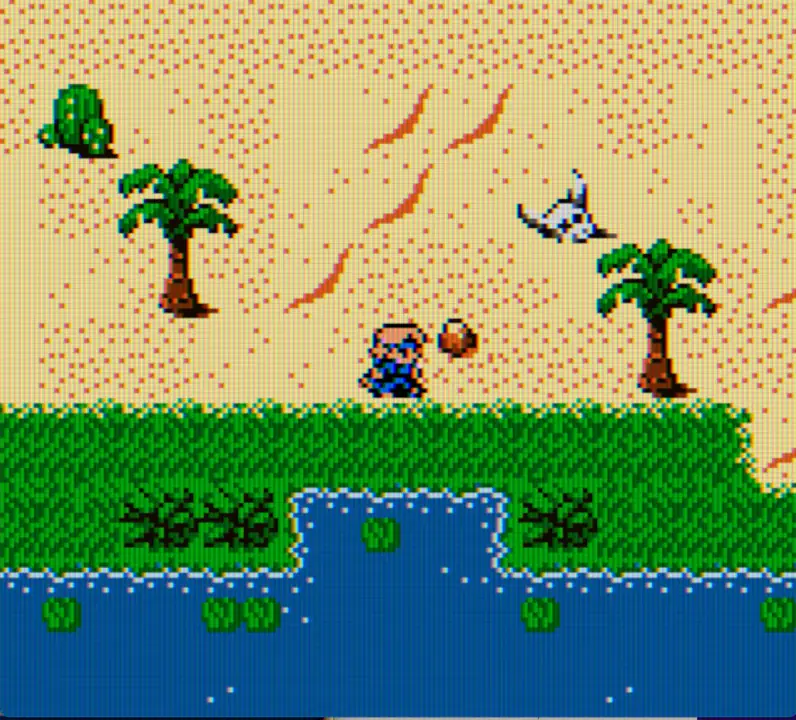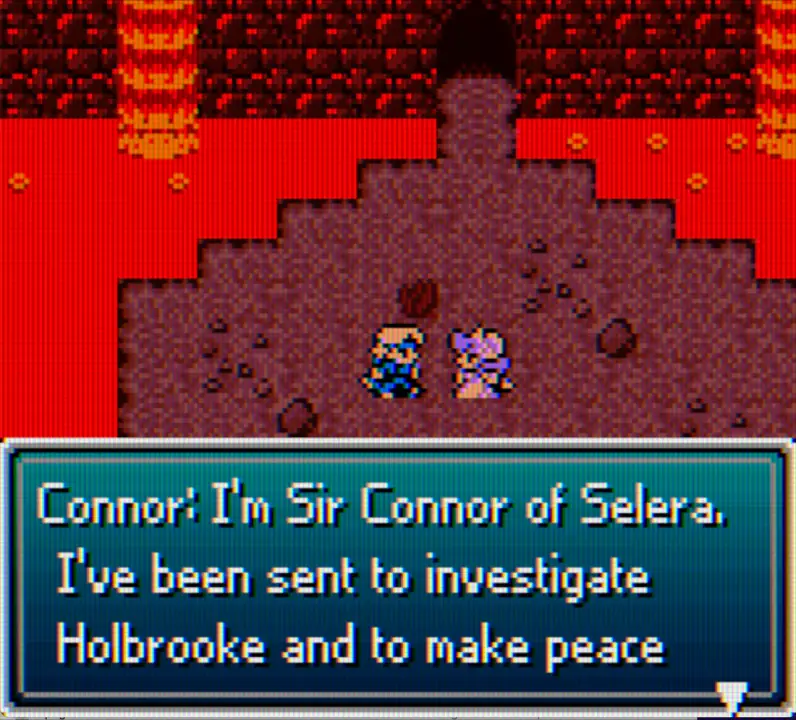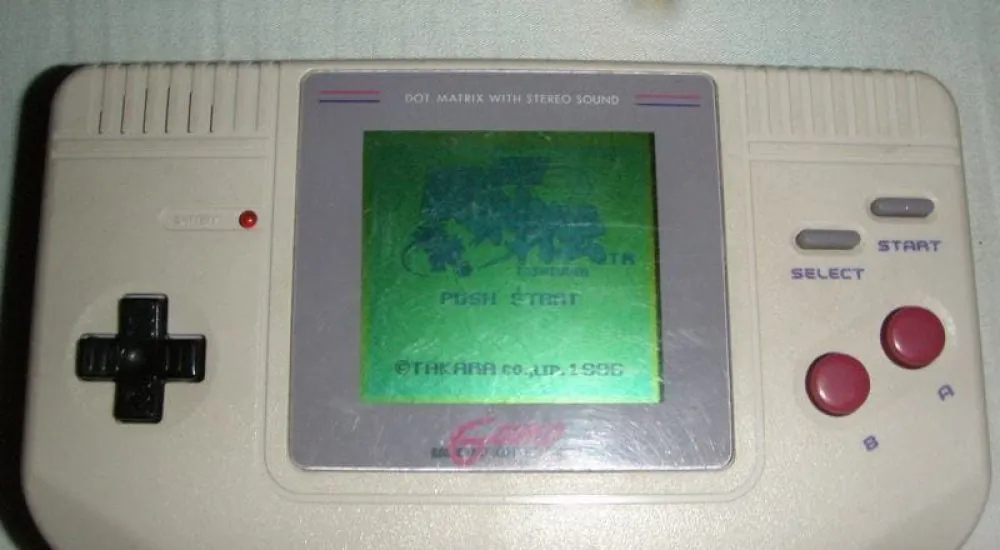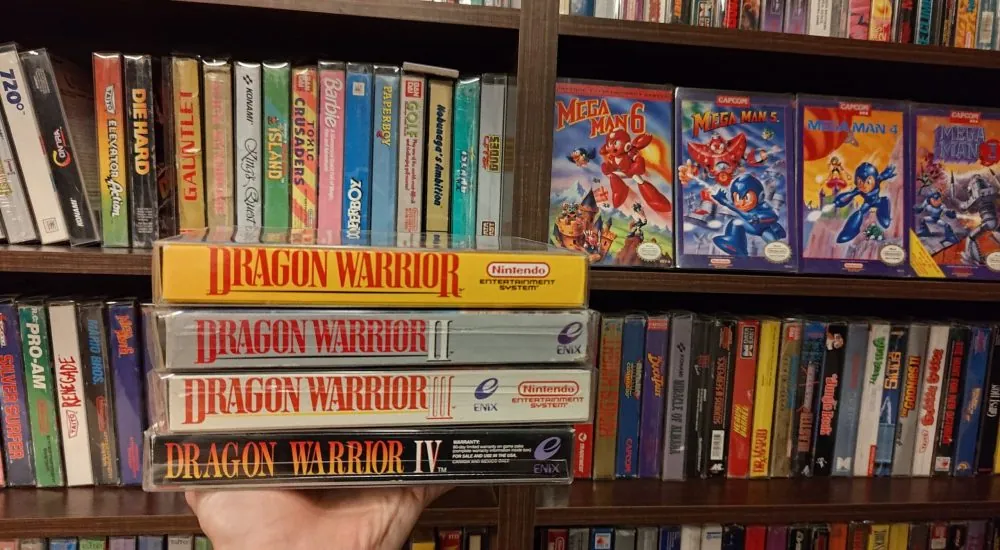Infinity was originally developed from 1999 to 2001 by Affinix Software, a passionate team determined to push the Game Boy Color further than anyone thought possible. Featuring a complex tactical RPG battle system, a sweeping story, and a world filled with over 50 explorable areas, it was set to become one of the console’s crown jewels. But as the Game Boy Advance launched, publishing struggles mounted. By 2002, the team went their separate ways, and Infinity was formally canceled.
In 2016, an unfinished version of the game was released by the original team as a free ROM, proving that interest in this lost RPG was still alive. Since its untimely cancellation, the game has been picked up again by a team of developers wanting to finally see the game released. Pre-orders for physical carts will go live on September 30th. 2025, on developer Incube8 Games’ website.
There is also a demo available that covers the first two chapters and should take about two hours to complete. Players will be able to test the gameplay of four characters and around 30% of their skills. This demo is really similar to the 2016 one, which ends at the same point in the game. However, this 2025 demo features every refinement made over the last four years.
Features That Make Infinity a Classic:
5 Characters to play with (Conor, Ryan, Elya, Roland, Victor)
Over 15h of gameplay
A deep tactical RPG battle system built for the Game Boy Color
15 bosses to defeat!
3 difficulty modes + 2 additional for GBA
GBA Enhanced support
Fully customizable menu color
A story of war, betrayal, and redemption spanning rival nations
A vast world with 50+ areas to explore
Over 100 unique items and countless strategic options
An atmospheric 8-bit soundtrack that immerses you in its world
More than 20 magic skills to use
11 magic gems, divided into 3 classes to boost your power
An elaborate script with more than 3,000 lines, longer than Final Fantasy II, and comparable to Dragon Warrior III!
Advanced graphical techniques that make the most of the humble Game Boy Color hardware












